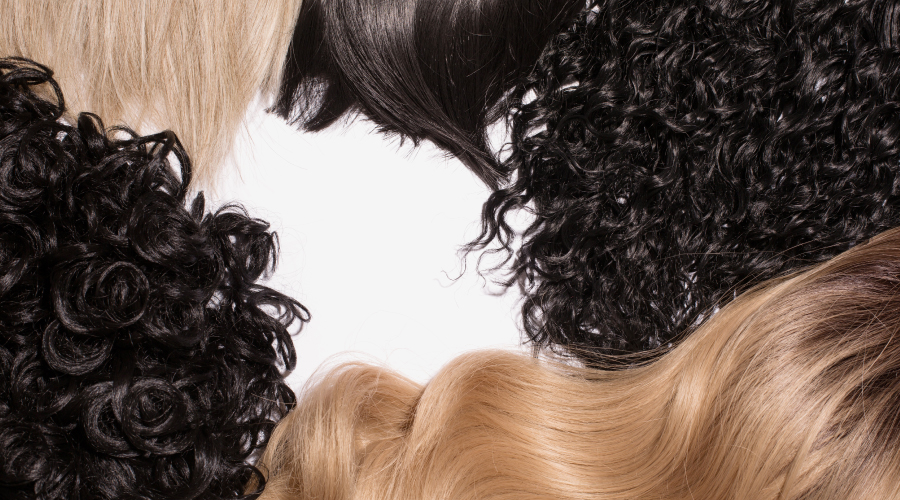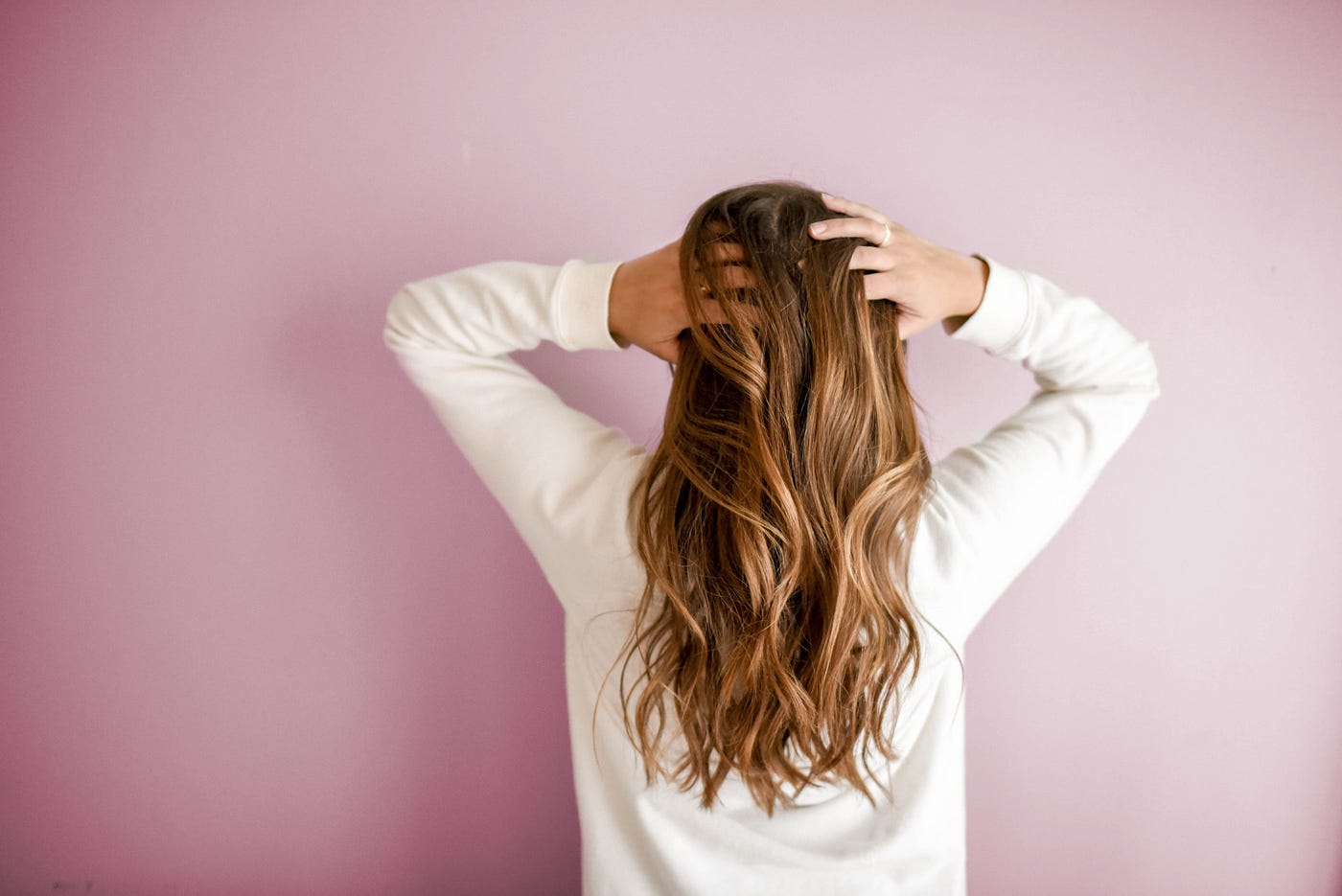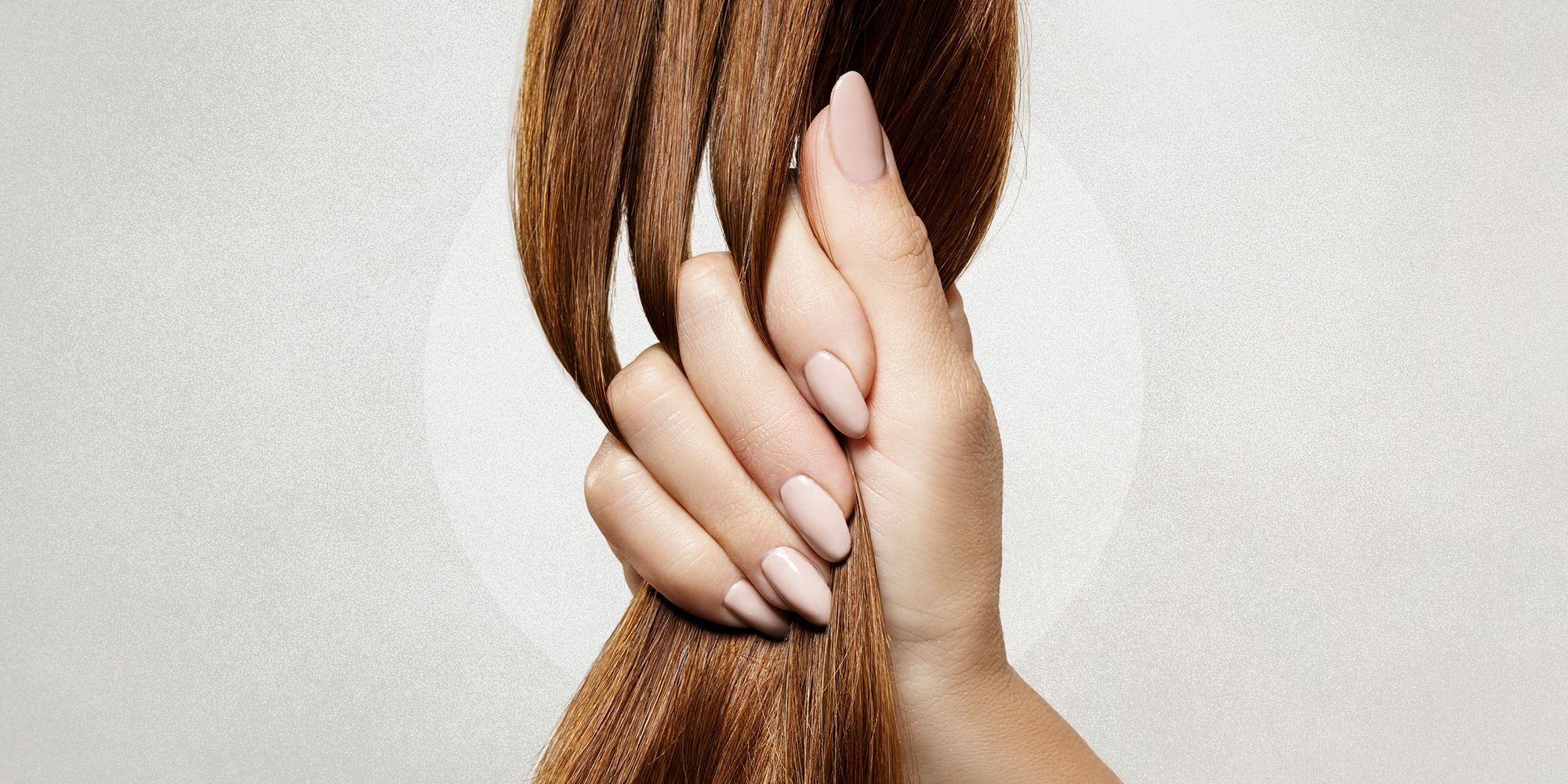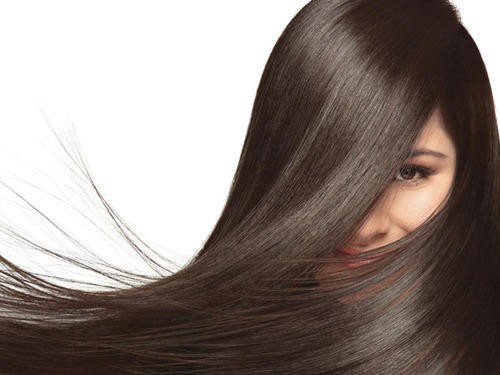find out The Ultimate Guide to Hair Care
Our hair is an important part of our identity and plays a crucial role in improving our overall appearance. Whether your hair is long, short, curly or straight, maintaining healthy and shiny hair requires a comprehensive care regime. Here’s the ultimate guide to hair care . Ensuring your hair stays radiant and strong lies in understanding its specific needs and adopting a routine that meets its requirements.
Identifying Your Hair Type for the Best Care Regimen

Hair types vary widely, from dry and frizzy to oily and fine. Identifying your hair type is the first step in devising an effective hair care routine. Understanding the characteristics of your hair can help you choose the most suitable products and treatments for nourishment and revitalization.
how to care for hair
Establishing a daily hair care routine that caters to all hair types is essential for maintaining healthy and lustrous locks. Regardless of whether you have dry, oily, curly, or straight hair, following these fundamental steps can help keep your hair in optimal condition:
1. Cleansing and Shampooing Techniques
The Ultimate Guide to Hair Care includes: Use a gentle, sulfate-free shampoo that matches your hair type. Wet your hair well and apply the shampoo, massaging it into your scalp with your fingertips in a gentle circular motion. Rinse the shampoo completely to ensure there is no residue, as buildup can lead to dull and lifeless hair.
3. Importance of Regular Scalp Massage
Incorporate a regular scalp massage into your routine to stimulate blood flow and promote hair growth. Use natural oils like coconut, almond, or olive oil to nourish the scalp and strengthen the hair follicles. Massaging your scalp can also help in distributing natural oils, keeping your hair hydrated and shiny.
4. Protecting Hair from Heat and Sun Damage
If using heat styling tools, apply a heat protectant spray to shield your hair from the damaging effects of heat. Limit the use of heat styling tools whenever possible to prevent dryness and breakage. Additionally, when spending time under the sun, consider wearing a hat or using products with UV protection to prevent sun damage.
5. Adopting a Balanced Diet for Hair Health
Nutrition plays a vital role in maintaining healthy hair. Incorporate foods rich in vitamins, minerals, and essential fatty acids into your diet. Consume plenty of fruits, vegetables, lean proteins, and healthy fats to promote hair strength, growth, and overall vitality.
6. Using Suitable Hair Accessories
Choose hair accessories is on of the ultimate guide to hair care , such as hair extensions or hair extensions made from gentle materials such as silk or satin, to reduce hair breakage. Avoid using accessories with metal components that can break or damage your hair. Choose loose hairstyles whenever possible to reduce stress on the hair follicles.
7. Nighttime Hair Care Routine
Before bed, gently detangle your hair with a wide-tooth comb to prevent knots and breakage. Consider using a silk or satin pillowcase to reduce friction and prevent hair breakage. You can also tie your hair in a loose braid or bun to prevent tangling while you sleep.
Tips for Maintaining Healthy Hair

Maintaining healthy hair is a result of consistent care and attention. Here are some valuable tips to help you keep your hair in optimal condition:
1. Proper Diet and Nutrition for Hair Health
Include a variety of nutrients in your diet to promote healthy hair growth and strength. Consume foods rich in vitamins A, C, E, and biotin, as well as minerals like zinc and iron. Incorporate leafy greens, nuts, eggs, fish, and fruits to ensure your hair receives essential nutrients for nourishment and vitality.
2. Protective Styling and Its Significance
Opt for protective hairstyles that minimize the stress and tension on your hair. Styles such as braids, buns, and twists can help protect your hair from environmental damage and reduce the risk of breakage. Be gentle when styling and avoid tight hairstyles that can lead to hair loss and thinning.
3. Importance of Regular Trimming and Its Impact
Schedule regular trims every 8-12 weeks to prevent split ends and breakage. Trimming helps maintain the overall health of your hair by removing damaged and dry ends, promoting healthier growth and an overall fuller appearance.
4. Use of Appropriate Hair Products
the ultimate guide to hair care includes choosing hair care products tailored to your hair type and specific concerns. Look for shampoos, conditioners, and styling products that are sulfate-free and contain natural ingredients. Avoid products that contain harsh chemicals that can strip your hair of its natural oils and cause dryness and irritation.
5. Hydration for Hair Health
Keep your hair hydrated by drinking enough water daily. In addition to using a hair moisturizer to maintain the moisture balance in your scalp and hair, and prevent dryness and brittleness. Additionally, consider using hydrating hair masks or leave-in conditioners to provide an extra boost of moisture
6. Protection from Heat Styling
Minimize the use of heat styling tools, such as straighteners and curling irons, as they can cause damage and weaken your hair over time. When using heat styling tools, apply a heat protectant spray to minimize the impact of high temperatures on your hair. Opt for air-drying or using heat-free styling methods whenever possible.
7. Limiting Exposure to Harsh Chemicals
Reduce the frequency of chemical treatments like coloring, perming, or straightening, as these procedures can damage the hair shaft and lead to dryness and breakage. If you opt for these treatments, consider using products specifically designed for chemically treated hair to minimize the impact.
Dealing with Specific Hair Issues
Dryness, oiliness, and dandruff are common hair issues that require specific attention and care. Learning how to manage these issues effectively can help you maintain a balanced and nourished scalp, promoting healthy hair growth.
Natural Remedies for Hair Care
Natural hair treatments, including homemade hair masks and herbal rinses, provide a chemical-free and cost-effective way to nourish and revitalize your hair. These remedies offer an organic approach to maintaining your hair’s natural shine and texture.
Styling Techniques for Different Hair Types

Understanding the best styling practices for your specific hair type is crucial in preventing damage and breakage. Implementing heat styling precautions, embracing your natural hair texture, and using appropriate styling products can help you achieve the desired look without compromising your hair’s health.
Protecting Hair from Environmental Damage
Environmental factors, such as exposure to the sun and pollution, can significantly impact the health of your hair. Shielding your hair from harmful UV rays and minimizing damage caused by pollutants and hard water are essential steps in preserving its strength and vitality.
The Importance of Hair Care in Overall Well-being

Maintaining a holistic approach to hair care involves recognizing the link between your hair’s health and your overall well-being. Managing stress levels and adopting holistic wellness practices can contribute to promoting healthy hair growth and enhancing its natural beauty.
Conclusion
Incorporating a comprehensive hair care regimen that addresses your specific hair type and its needs is vital for maintaining healthy and beautiful hair. By following the ultimate guide to hair care, you can ensure that your hair remains vibrant, strong, and radiantly beautiful.
FAQs
How often should I wash my hair?
Regular hair washing depends on your hair type and lifestyle factors. For most people, washing every 2-3 days is ideal.
Can stress cause hair loss?
Yes, stress can contribute to hair loss. Managing stress through relaxation techniques and mindfulness can help prevent this.
Are natural hair care products better than commercial ones?
Natural products can be beneficial as they often contain fewer harsh chemicals, but their efficacy may vary depending on individual needs.
How can I prevent split ends?
Regular trims, conditioning treatments, and avoiding excessive heat styling can help prevent and minimize split ends.
What are some natural remedies for dandruff?
Using ingredients like apple cider vinegar, aloe vera, and tea tree oil can help alleviate dandruff and soothe the scalp.
